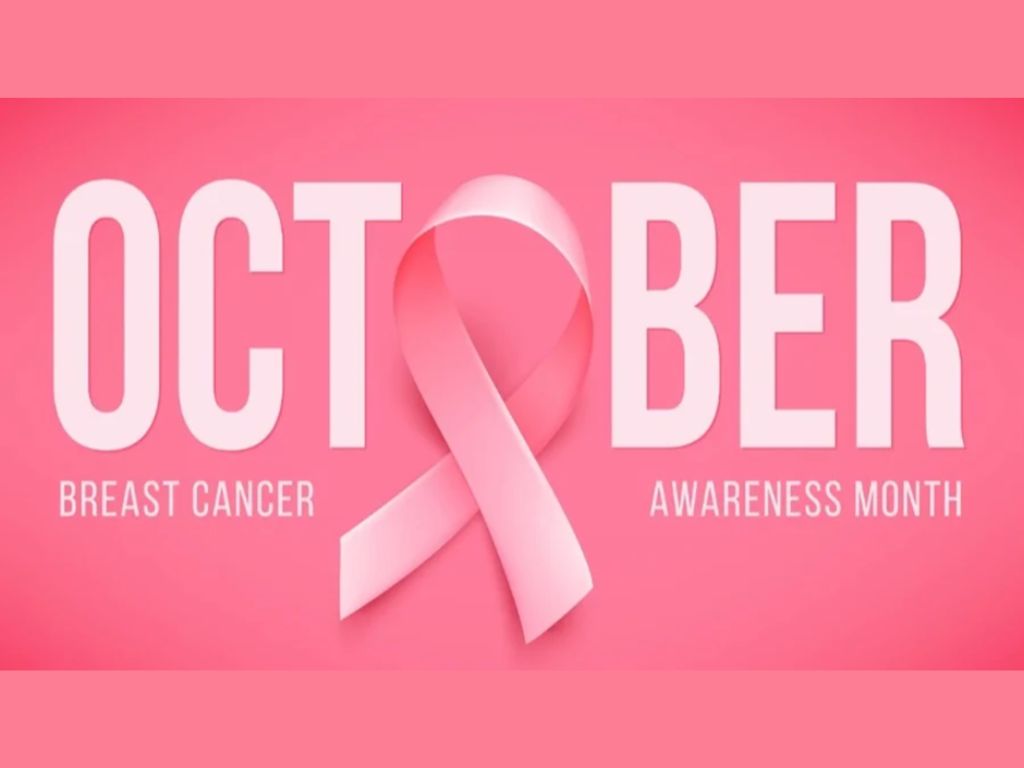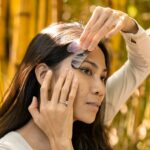Breast Cancer Awareness: Empowering Women
Health with Dr. Donald Greig, The New Clinic
- Author/ Being Neighbourly
Share

October is Breast Cancer Awareness Month, a vital global campaign dedicated to raising awareness about breast cancer and emphasizing the importance of early detection. This month reminds us to focus on regular screenings, self-examinations, and education surrounding breast health. Communities unite to support those affected by breast cancer, share survivor stories, and raise funds for research and support services.
The iconic pink ribbon symbolizes hope and urges us to prioritize our health. By fostering open conversations and breaking down stigmas, we empower women to take proactive steps towards their breast health and contribute to the ongoing fight against this disease.
Breast Cancer in Hong Kong
Breast cancer is the most commonly diagnosed cancer among women in Hong Kong, accounting for 28.6% of all new cancer cases in females in 2022, with 5,182 new diagnoses. While rare, breast cancer can also occur in men, with 26 cases reported last year.
Women in Hong Kong have a lifetime risk of about 6.8%, meaning 1 in every 14 women will be diagnosed with invasive breast cancer. The risk increases with age; 49% of cases are diagnosed in women aged 40–59, with a median diagnosis age of 58 years. Alarmingly, global breast cancer incidence is rising, particularly in Asia, where rates were historically lower. By 2040, the number of new breast cancer cases worldwide is projected to rise significantly, emphasizing the need for early detection and ongoing awareness campaigns.
The Importance of Screening
Early detection is crucial for improving breast cancer outcomes. At The New Clinic, we recommend starting annual breast screenings at age 40, or at age 35 for women with a family history of breast cancer.
Key Components of Breast Cancer Screening:
- Clinical History and Examination: A thorough evaluation of personal and family medical history.
- Risk Assessment: Tools like the Gail Risk Assessment Tool help identify high-risk individuals.
- Low-Dose Mammograms: Effective in detecting early breast cancer.
- Breast Ultrasound: A complementary tool to mammograms.
- MRI Screening: Recommended for younger, high-risk patients.
Government-Supported Screening Initiatives
The Hong Kong government offers the Breast Cancer Screening Pilot Programme (Phase II) in collaboration with NGOs, providing free or subsidized screenings for high-risk women aged 35–74. Eligibility includes:
- A strong family history of breast or ovarian cancer.
- Confirmed genetic mutations in high-risk genes (e.g., BRCA1, BRCA2).
- Registration in the Electronic Health Record Sharing System (eHealth).
For those not qualifying for government subsidies, private testing and NGO-supported programs are available. Consult your doctor for options.
Understanding Breast Cancer Risk
While being female and over 40 are significant risk factors, others include:
- Family history of breast cancer.
- Lifestyle choices: smoking, obesity, alcohol.
- Reproductive history (e.g., late first pregnancy).
- Night shift work and chronic stress.
Importantly, 50% of breast cancer cases occur in women without identifiable risk factors, highlighting the necessity of regular screenings for all.
Reducing Risk Factors
- Physical Activity: Regular exercise lowers breast cancer risk.
- Breastfeeding: Prolonged lactation reduces risk.
- Healthy Weight: Maintaining a healthy weight in young adulthood is protective.
- Vitamin D supplementation and/or a diet rich in oily fish, mushrooms, broccoli.
Signs and Symptoms
Early detection saves lives. While many breast cancers may be asymptomatic, warning signs include:
- A breast lump or thickening (often painless).
- Changes in breast size, shape, or appearance.
- Skin changes such as dimpling or redness.
Most breast lumps are not cancerous, but it’s crucial to seek medical attention for any abnormalities. Early intervention offers the best chance for successful treatment.
A Lifelong Commitment
Regular breast screenings should be viewed as a lifelong commitment to health. If you or someone you know would like a comprehensive breast cancer assessment, please contact Dr. Greig at The New Clinic. Together, let’s commit to awareness, education, and action for a healthier community.
Share
About the Author

Dr. Donald Greig
Dr. Greig is a general surgeon with 26 years of experience in Hong Kong. He contributes to scientific literature, publishes weekly patient newsletters and serves as a well-being educator and communicator, collaborating with prominent institutions and companies.
Stay Up To Date
Want the latest insights and fresh content delivered straight to your inbox? Subscribe to our newsletter and stay updated with our exclusive content!












